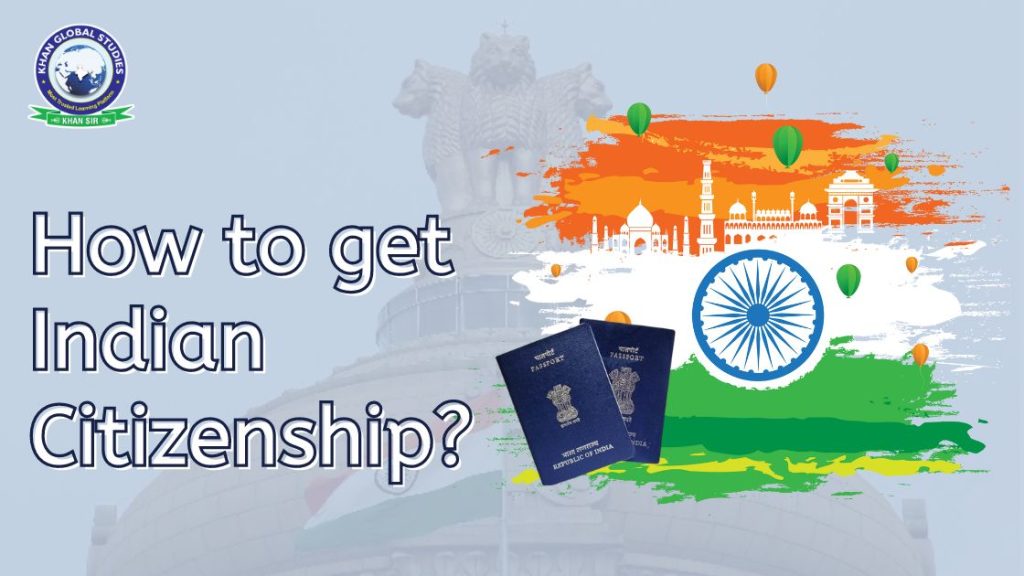“Indian citizenship” redirects here. For United States law relating to American Indians, see the Indian Citizenship Act.
Indian Citizenship
You can obtain Indian citizenship by birth, descent and registration. As per the provisions of the Citizenship Act, of 1955, there are certain conditions and procedures for obtaining Indian citizenship. A person born in India on or after 26 January 1950 but before 1 July 1987 is a citizen of India by birth, regardless of the nationality of his parents. A person who was born in India on or after 1 July 1987 but before 3 December 2004. We consider a person to be a citizen of India by birth if at the time of his birth, either of his parents is a citizen of India.
How to get Indian Citizenship?
Here’s what you need to know about obtaining Indian citizenship:
- By Birth- If a person is born in the territory of India then he will be a citizen of India. A person who was born on or after January 26, 1950, but before July 1, 1987, regardless of the citizenship of the parents. This is called jus soli (right of soil). A person who was born on or after 1 July 1987 but before 3 December 2004. We grant citizenship to a person based on the Indian nationality of the parents, regardless of where the child is born.
- By Acquisition or Incorporation of Territory – If a territory or state becomes part of India, the central government will issue an official gazette declaring it to be part of the Union of India. Many areas like Goa, Sikkim, Puducherry, Daman and Diu became part of India and their population became citizens of India.
- By Registration – If a person is of Indian origin who was resident in India for seven years before applying for registration. If a person is married to a person with Indian citizenship and has been living in India for seven years before applying for registration. If a person is a minor and the parents are citizens of India.
A person who or his/her parents were citizens of India before independence and have been residing in India for one year before applying for registration. If a person is registered as an overseas citizen of India (a foreigner of Indian origin who has been granted the status to work and reside in the territory of India) and has been resident for one year before applying for registration.
What is the Citizenship Amendment Act 2019?
Along with Indian citizenship, it is also important to understand that there are many laws regarding citizenship. These also include the Citizenship Amendment Act 2019. This Act amends the Citizenship Act, of 1955 to provide eligibility for Indian citizenship to Hindus, Sikhs, Buddhists, Jains, Parsis and Christians (minorities) who came to India from Afghanistan, Bangladesh and Pakistan. Or registered before 31 December 2014.




Pls guide for full information